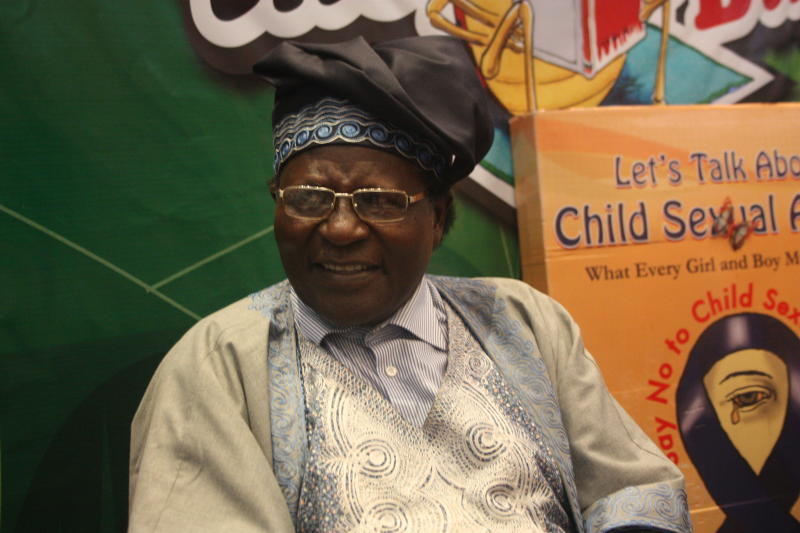×
The Standard e-Paper
Fearless, Trusted News

Controversial writer David Maillu is set to stir the literary scene with a new novel that presents Jesus Christ as a black man.
Titled The Black Madonna, the work of fiction draws from ancient architectural and artistic facts from various parts of the world and a convincing story line. The 150-page novel, published by Moran Publishers and which will be out in a week, explores the controversial argument that the virgin Mary and indeed her son were from Africa.